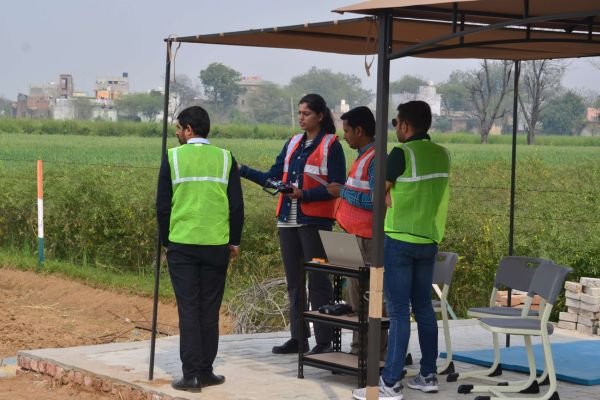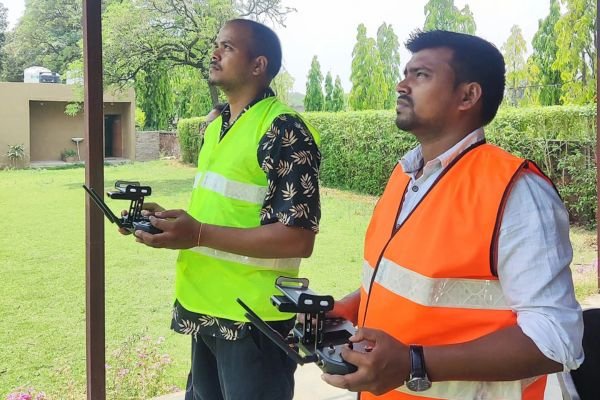
Drone Training Center
In the world of aviation and technology, drones have become an essential tool, revolutionizing industries ranging from agriculture and construction to filmmaking and environmental monitoring. The growing demand for drone technology has created a need for highly trained professionals who can operate, manage, and maintain these flying machines. Drone training centers have emerged as essential institutions to fill this gap, offering a wide range of courses designed to equip individuals with the necessary skills and certifications to excel in the rapidly expanding drone industry.
Key Points of BYS Mission on drone training center

Flight Training
Regulatory Knowledge and Certification:

Drone Maintenance and Troubleshooting

Specialized Drone Applications

Drone Safety and Risk Management

Hands-on Experience
Expert Instructors
Certification
The Importance of Drone Training
Drones, also known as unmanned aerial vehicles (UAVs), have opened new possibilities for both personal and commercial use. However, with their increasing use comes the need for safe, efficient, and legal operation. Drone pilots must be proficient in flight mechanics, safety protocols, regulations, and troubleshooting. A comprehensive drone training program ensures that aspiring drone operators are prepared to handle various scenarios in the field while adhering to the legal and regulatory requirements set by aviation authorities.
For businesses and organizations using drones for specific tasks, it is essential to have skilled pilots who can perform tasks accurately and safely, minimizing risks to property, personnel, and the environment. In addition, regulatory bodies like the Federal Aviation Administration (FAA) require operators to be certified to fly drones for commercial purposes, making formal training programs a must.
Our Interventions
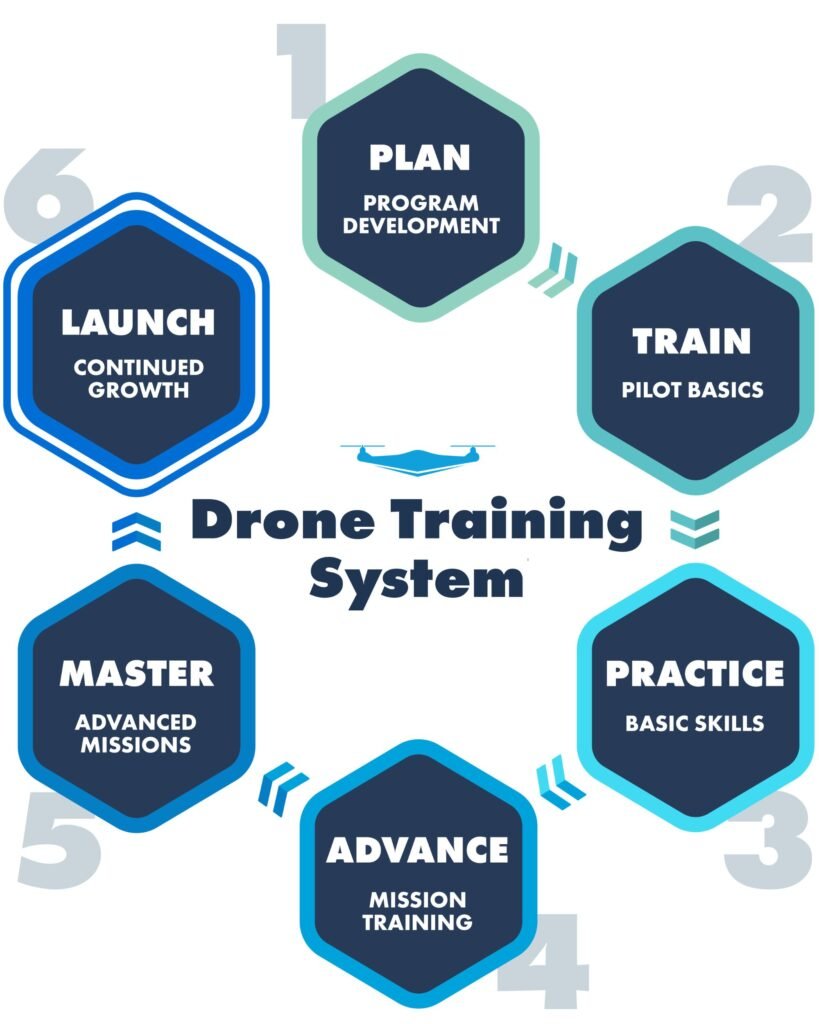
Why Choose a Drone Training Center?
Expert Instructors: One of the most significant advantages of attending a dedicated drone training center is the opportunity to learn from experienced instructors who have practical knowledge and expertise in drone operations. These instructors can provide valuable insights, answer questions, and ensure that students receive personalized attention as they work through their training.
Comprehensive Curriculum: A professional drone training center offers a structured curriculum that covers every aspect of drone flying, from basic flight techniques to advanced industry-specific applications. This ensures that students receive a well-rounded education that prepares them for various roles in the drone industry.
Certification: For individuals seeking commercial drone operations, obtaining a certificate is often necessary. A drone training center can provide official certifications recognized by regulatory authorities, such as the FAA in the United States, which is essential for working as a licensed drone operator. These certifications validate an operator’s knowledge and capabilities, making them more attractive to employers and clients.
Networking Opportunities: Many drone training centers also foster networking opportunities. Students can meet other drone enthusiasts, professionals, and business owners, which may open doors to future collaborations, job opportunities, or partnerships. These connections can be invaluable in a growing and competitive industry.
Join BYS for a Better Life and Future
Towards Achieving
sustainable development goals
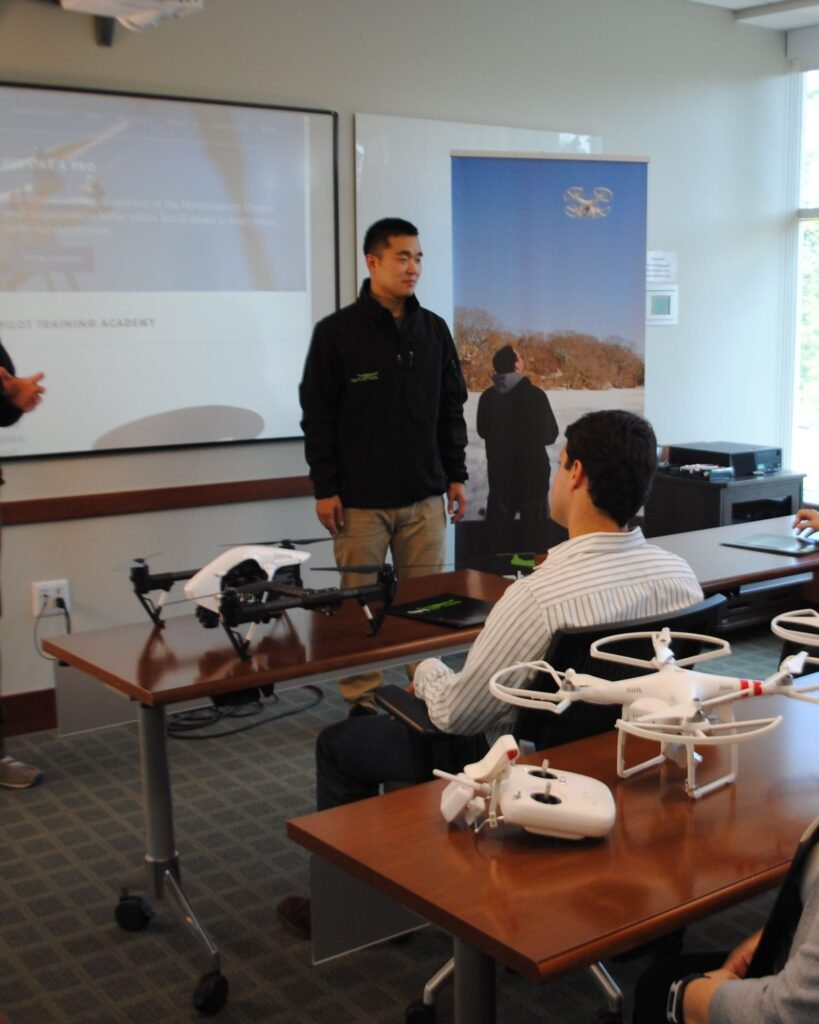
One of the core aspects of any drone training program is flight instruction. Instructors teach students how to operate drones effectively, both indoors and outdoors. Flight training includes understanding the basics of drone controls, pre-flight checks, navigation, maneuvering techniques, and emergency procedures. Some programs even offer simulated flight experiences to help students gain confidence before flying real drones.
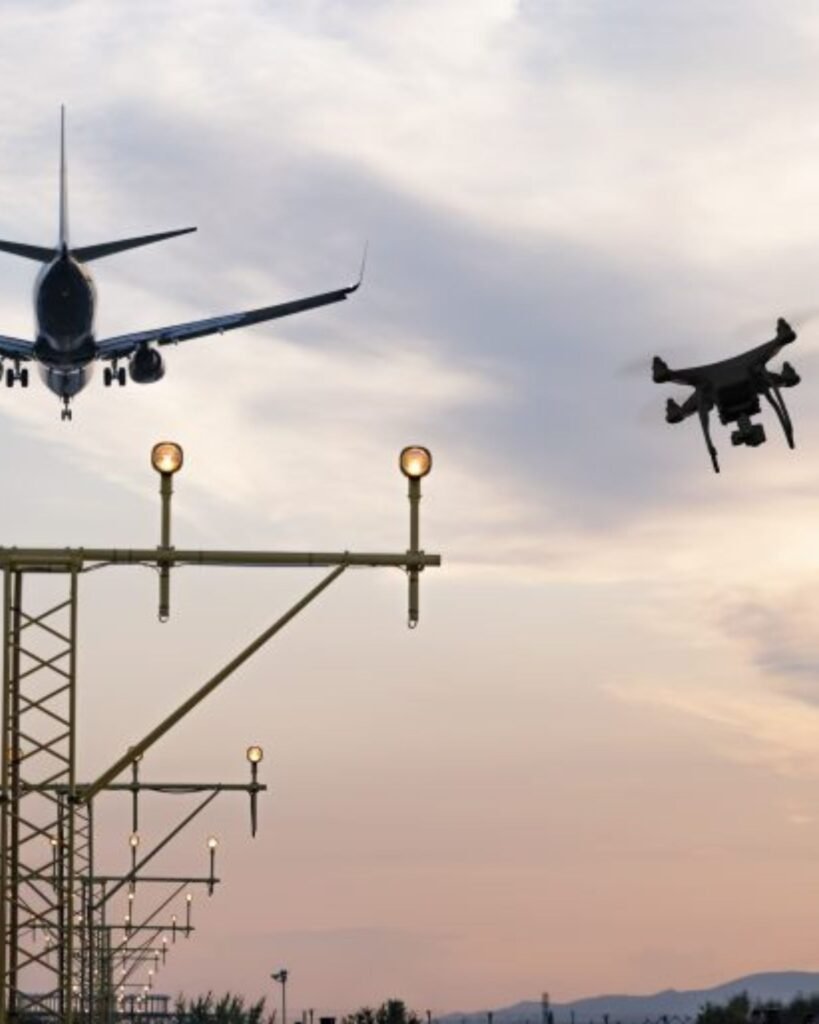
A critical component of drone training is understanding the regulations governing drone use. In many countries, including the United States, drone operators must pass certification exams to legally fly drones for commercial purposes. A drone training center helps students prepare for these tests by covering topics such as airspace restrictions, no-fly zones, altitude limits, and proper procedures for filing flight plans. The training also includes safety measures to ensure drone operations comply with local and national regulations.

Successful drone operation involves more than just flying. Drone pilots must understand the mechanics and components of their drones, as well as how to maintain and repair them when necessary. This is particularly important for professionals who rely on drones for regular tasks such as aerial surveys, inspections, or delivery services. Drone maintenance training includes battery care, propeller management, software updates, and basic troubleshooting techniques to ensure that drones remain in optimal working condition.

Some drone training centers offer specialized courses for specific industries. For example, courses might be available for agricultural drone operations, where students learn how to use drones for crop monitoring, spraying pesticides, or collecting data for precision farming. Other programs focus on drone applications in sectors such as construction, real estate, photography, and environmental research. By tailoring training to the unique needs of specific industries, drone training centers provide valuable expertise for those looking to use drones in their professional careers.
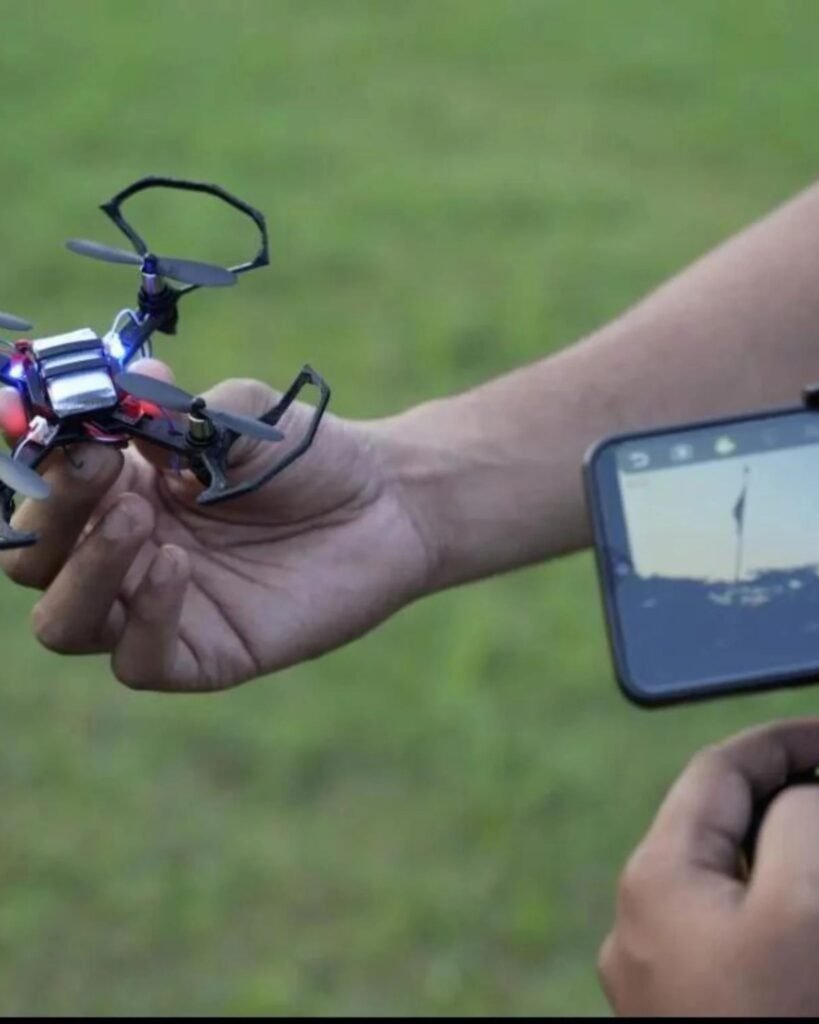
Operating drones comes with inherent risks. Whether flying in busy urban environments or over open landscapes, operators need to understand how to assess risks and mitigate potential hazards. Drone training programs place a strong emphasis on safety protocols, including how to avoid collisions, ensure proper battery usage, and deal with adverse weather conditions. Students also learn about emergency response plans in case of accidents, technical failures, or other unforeseen challenges during a flight.



